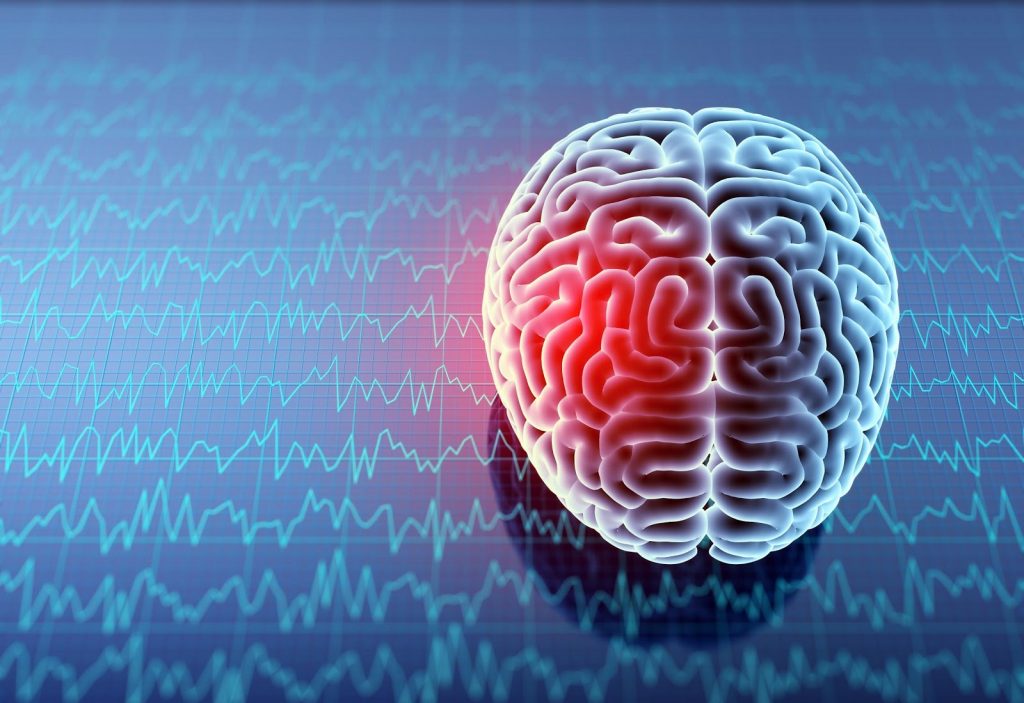A traumatic brain injury (TBI) is nothing to bat an eye at, as it can lead to disability and death. According to the CDC, the amount of TBI-related injuries increased by 53% between the years of 2006 and 2014. Furthermore, it has been estimated that, on an annual basis, 1.4 million people in the U.S. endure traumatic brain injuries. It should be noted that some injuries go unreported or are misdiagnosed. The consequences of TBI can persist from a few days to a lifetime. In some cases, medical repatriation services might be required. In these situations, the medical, surgical, and rehabilitation expenses can get as high as six figures.
While information regarding TBI has become more and more available over time, there are still some misconceptions. Below is a list that should clear up any confusion that one might experience on the subject.
1. Effects Depend on Severity of Impact
The effects of brain injuries depend on how serious the impact is. If the injury is mild, then its effect on brain cells is temporary. If the injuries are too serious, however, one can be inflicted with bruising, tissue damage, and bleeding, which would mean that more extensive treatment is necessary, so as to prevent long-term complications and/or death.
2. TBI Affects Mostly Young Teens and Elderly
While anyone can be affected by traumatic brain injuries, it is most common in young children, teens, and the elderly. Car accidents have been the most likely cause of TBI for teens and young adults, while falling has been the leading cause for senior citizens and minors ages 14 and under.
3. TBI in Young Children May be Undetectable
On the subject of young children, they may not endure behavioral or cognitive issues right after experiencing brain injuries. The problems become more visible as their brains mature and develop further.
4. Mild Head Injuries May be Misdiagnosed and Looked Over
More often than it should happen, people who get concussions do not get diagnosed correctly. In the case of mild injuries, one might not be given the right treatment afterward. It is best to be prudent by scheduling a follow-up appointment and then call back to check on developments a day or two following the injury. After all, one would not want to get the wrong government assistance, health care benefits, legal compensation, or therapy for work-related injuries.
When one receives a mild injury, they might not feel inclined to seek treatment, especially if there is no loss of consciousness. However, cognitive and mental issues can still persist. These include depression, mood swings, and trouble with memory and concentration.
5. TBI Symptoms are Not Apparent Right away
Detection of moderate to severe TBI symptoms could be delayed. Rather than be apparent right away, the symptoms could take hours or days to reveal themselves. Such symptoms include grogginess, headaches, and extreme weakness.
Even in the case of a mild brain injury, a patient may experience seizures days, weeks, or years after the incident. It is common for patients to go through multiple seizures after the initial one. The more serious the trauma, the higher the risk of seizures and strokes becomes.
6. Head Injuries Should Receive Immediate Care
Emergency medical care should be administered following trauma to the head immediately. If there has been a blow to the head or body that seems severe, then one should definitely give the doctor a visit. It is especially important if the patient is showing changes in behavior. For trauma to the head, immediate emergency medical care is very necessary.
7. Rehab Can Prevent Long-Term Effects of TBI
After the injury has been treated and stabilized, rehabilitation begins, and it is a lengthy process. It is best to go through rehabilitation services right away to prevent some of the long-term mental problems. Among Allista’s available therapy services include cognitive, electric stimulation, language, physical, pool, swallowing, and work-related. A patient would be in good, capable hands.
Immediate treatment of traumatic brain injuries is very important. If one waits too long, the long-term side effects can be dire. If medical repatriation turns out to be necessary, then one can look to Allista and contact them to obtain the best possible healthcare treatment choices.











